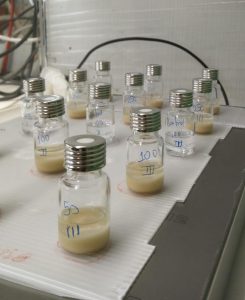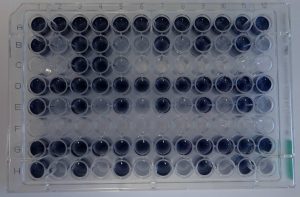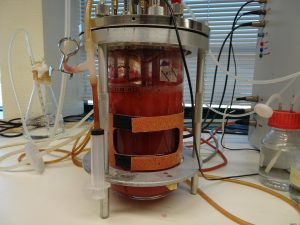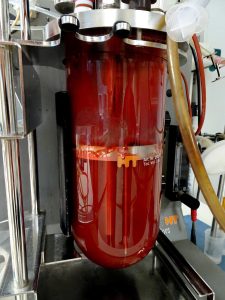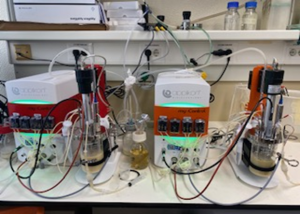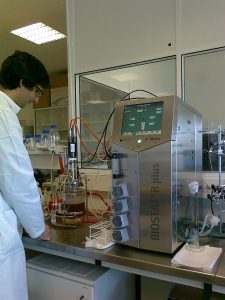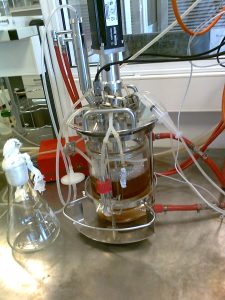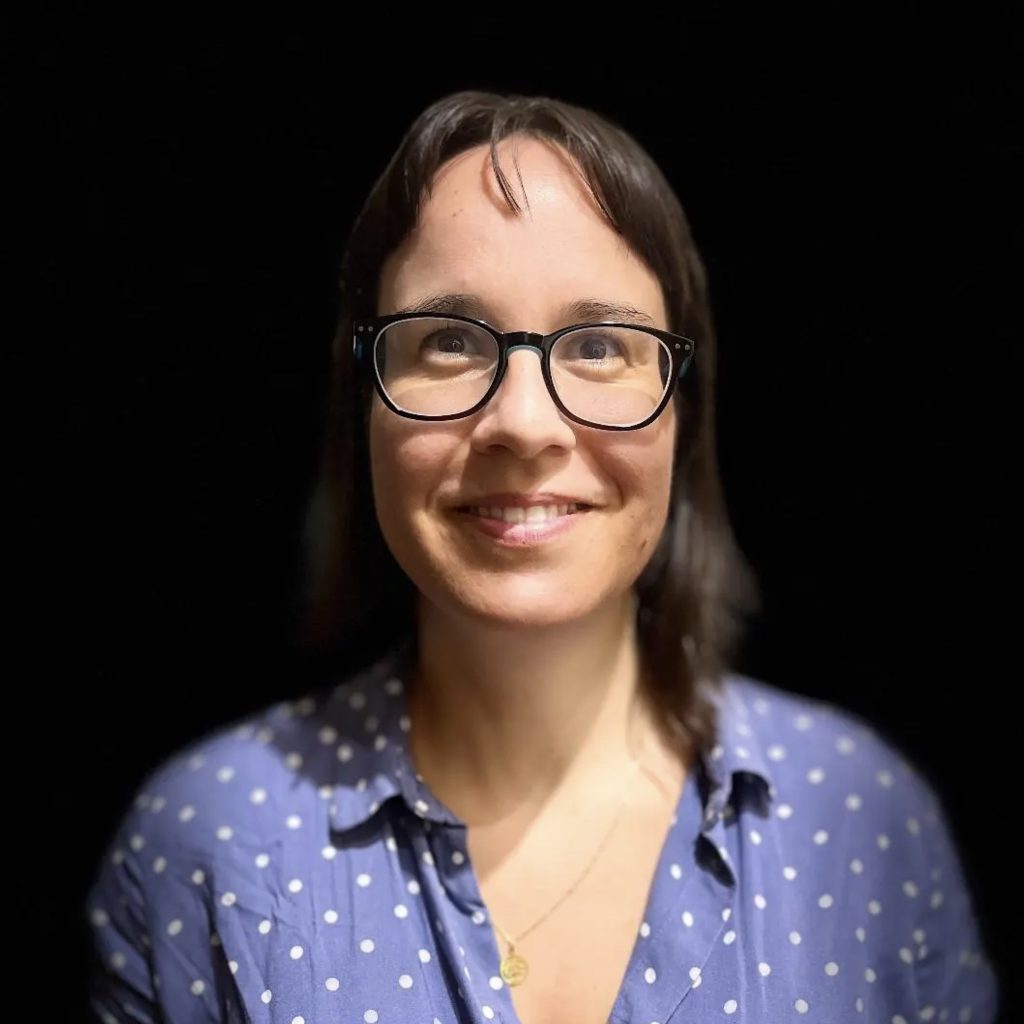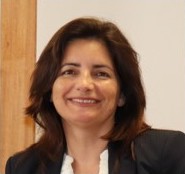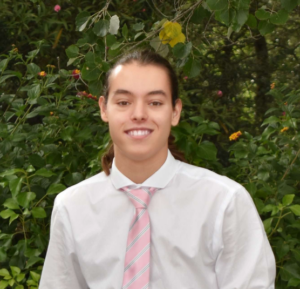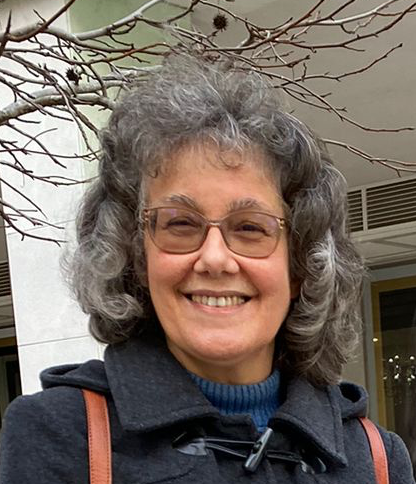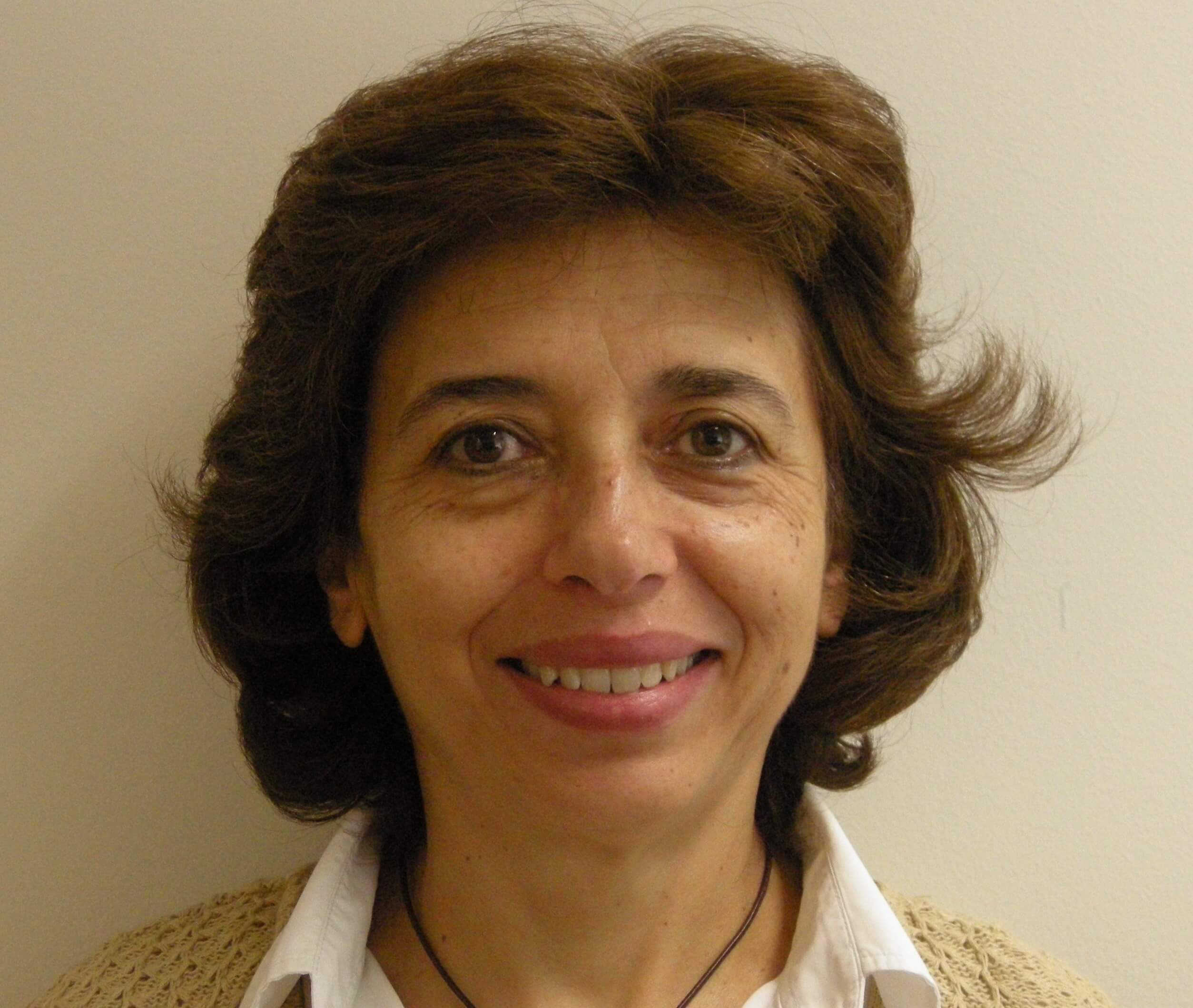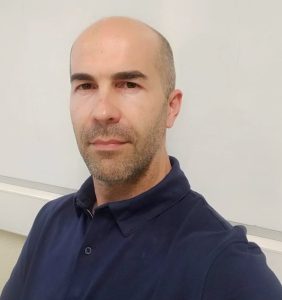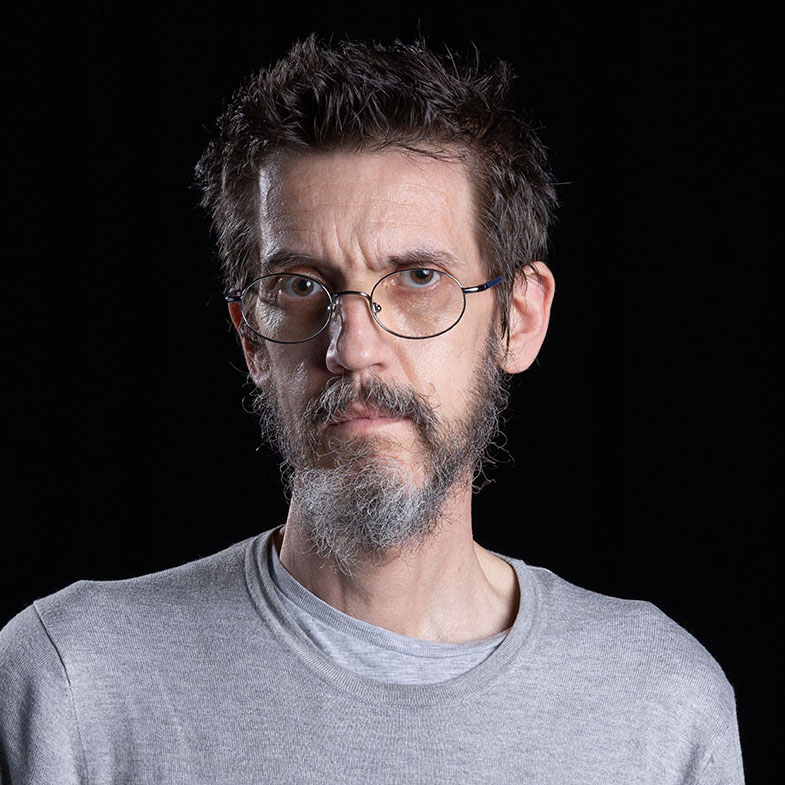Biocatalysis and Biotransformation Research Group
The 2BRG team develops innovative biocatalysis and biotransformation systems, to design sustainable products and processes and build successful biorefineries, towards a circular economy.
Keywords
Biocatalysis / Biotransformation and Biorefineries
Bioreactors / Fermentation Process scale-up
Sustainable downstream processing and separations
Green products / Waste Treatment and Bioremediation
Coordinator
Goals
The Biocatalysis and Biotransformation Research Group (2BRG)
The Biocatalysis and Biotransformation Research Group (2BRG) aims to excel in the development of biocatalytic and bioprocess systems, to answer sustainable development challenges and contribute to successful biorefineries supporting a circular economy.
1) to design biocatalysts, select microorganisms, and develop key enabling technologies for their use in fermentation and biotransformation, to be integrated in novel, green and sustainable processes.
2) to create and translate knowledge into efficient and eco-friendly technological tools for the biological conversion of renewable raw materials and biowastes into valuable bioproducts and biomaterials, while reducing their environmental footprint by bioremediation processes.
3) to establish engineering tools for the scaling up of processes from lab to industry, and to address industrial challenges in biotechnology, food, cosmetics, pharmaceuticals, fine chemistry, polymer/plastic, energy, and environment sectors.
Focus Areas
People
The 2BRG Team
Coordinator
For applications or further information, please get in touch!


